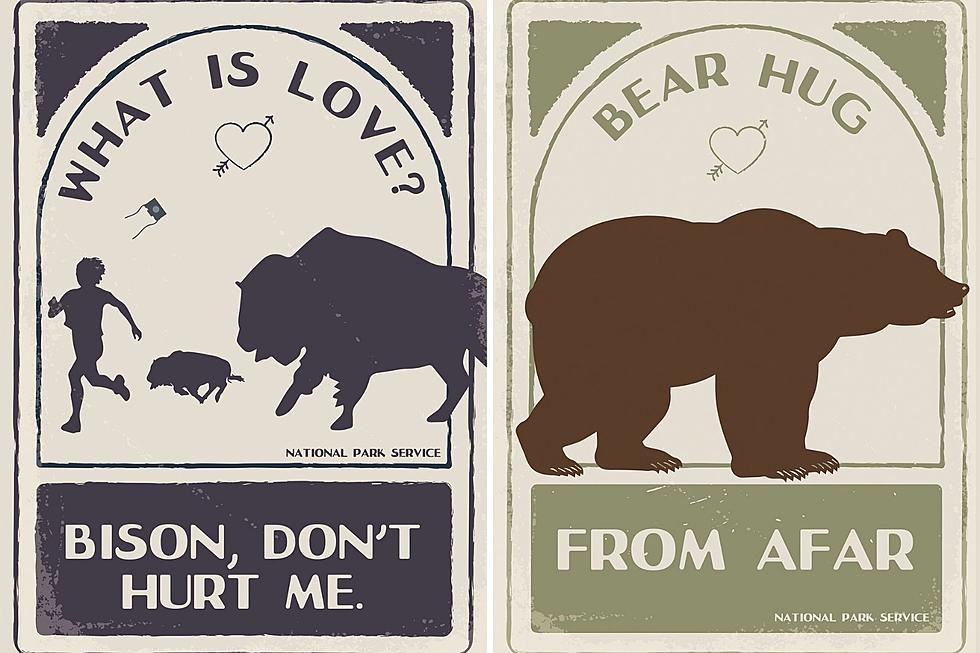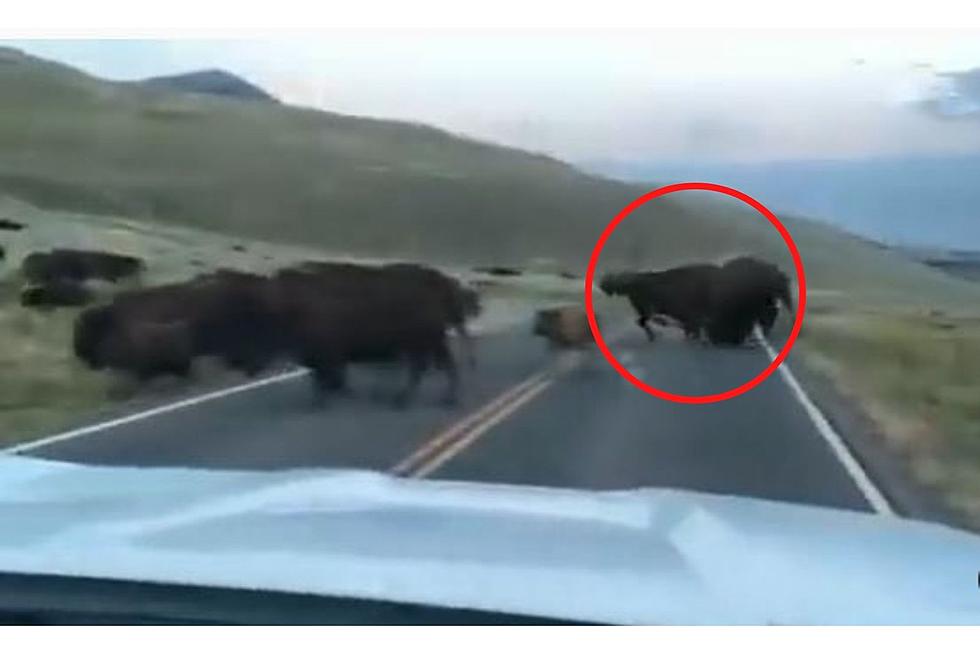
Biologists To Begin Grizzly, Black Bear Research In Yellowstone National Park
Biologists with the National Park Service and a group of federal, state and tribal agencies will begin conducting scientific grizzly bear and black bear research operations in Yellowstone National Park and the Greater Yellowstone Ecosystem from May 21 through July 30, according to a news release from the park.
They will bait and trap bears at several remote sites within Yellowstone National Park and anesthetize them to allow wildlife biologists to attach radio collars and collect scientific samples
All trapping and handling are done in accordance with strict protocols developed by the group known as the Interagency Grizzly Bear Study Team.
The biologists and the team will not place any of the trap sites near any established hiking trails or backcountry campsites, and all trap sites will have posted warnings for the closure perimeter.
Potential access points also will be posted with warning signs for the closure area. Backcountry users who come upon any of these posted areas need to heed the warnings and stay away.
The Interagency Grizzly Bear Study Team was established in 1973 to collaboratively monitor and manage ecosystem bears. The gathering of critical data on bears is part of a long-term research and monitoring effort to help wildlife managers devise and implement programs to support the ongoing conservation of Yellowstone’s grizzly bear and black bear populations.
The Team is composed of representatives of the U.S. Geological Survey, the National Park Service, the U.S. Fish and Wildlife Service, the U.S. Forest Service, the Eastern Shoshone and Northern Arapaho Tribal Fish and Game Department, and the states of Idaho, Montana and Wyoming.
More From Y95 Country







